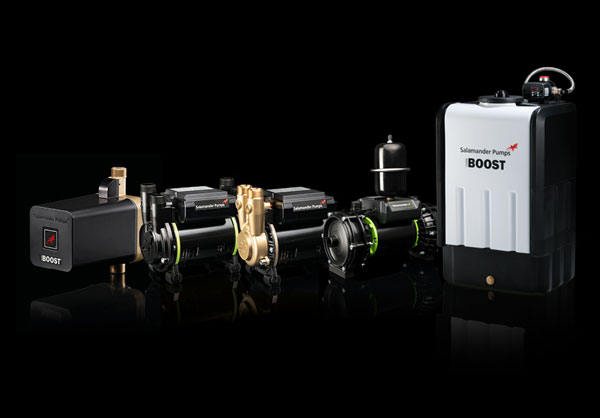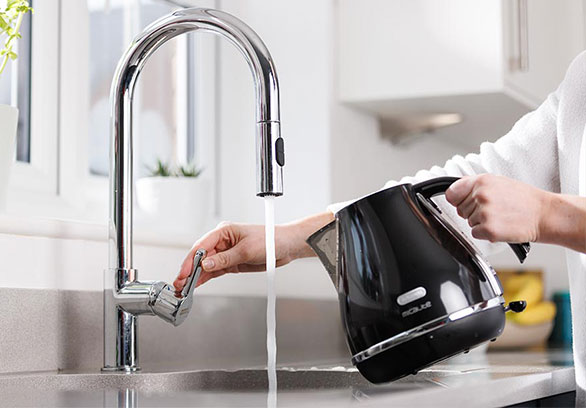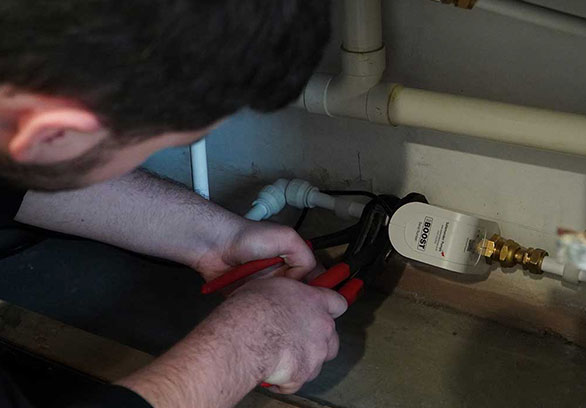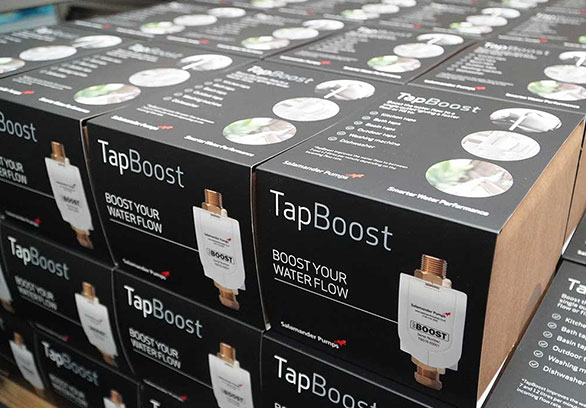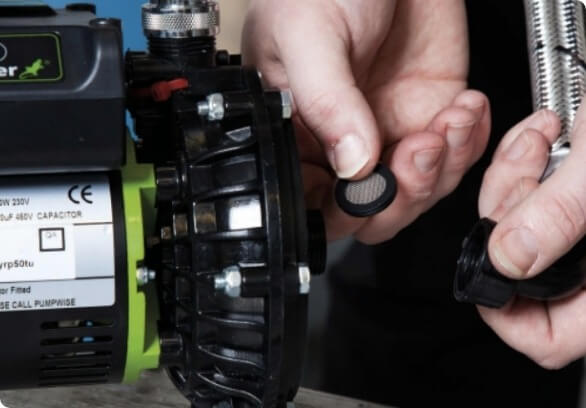Pre-installation
How Does Limescale Affect My Taps?
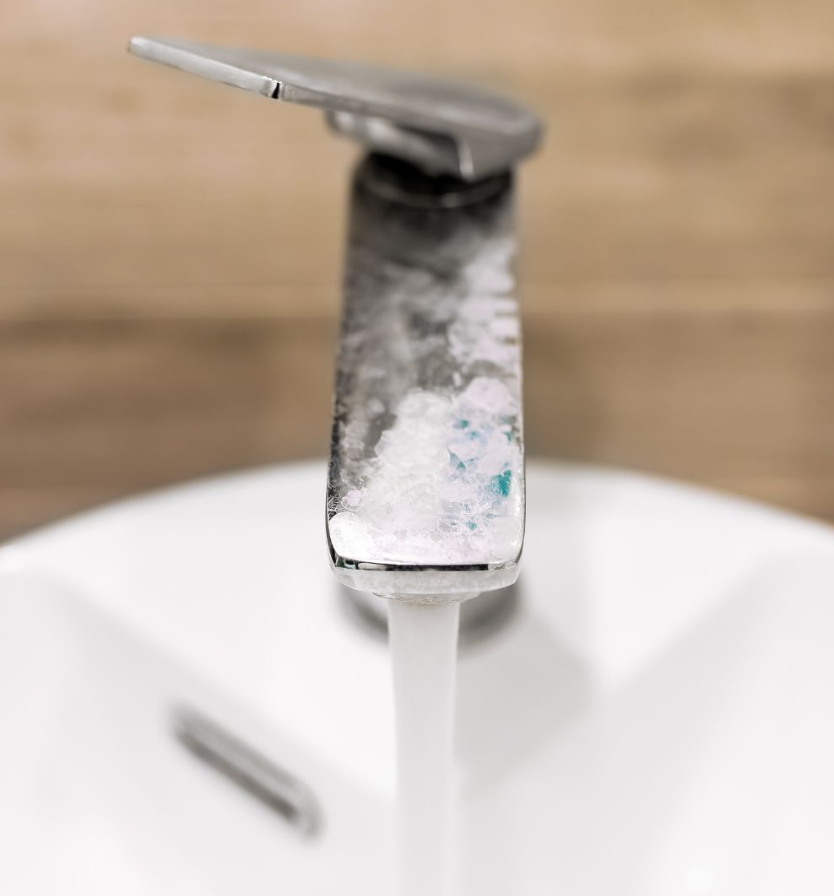
Limescale is a common issue for many households, especially in areas with hard water. Over time, the minerals in hard water build up inside your taps, leading to low water flow and low water pressure. In this article, we’ll explore what lime scale is, how it affects your taps, and address common concerns with practical solutions.
What Is Limescale?
Limescale is a hard, chalky deposit made up mainly of calcium and magnesium salts. When hard water is heated or evaporates, these minerals are left behind as a residue. While lime scale isn’t harmful to your health, it can reduce the performance of your taps and make them look unsightly.
How Limescale Builds Up on Your Taps
Every time water flows through your tap, the minerals can cling to the inner surfaces and even the aerator. Over time, these deposits harden into a stubborn layer that restricts water flow and may contribute to low water pressure. This build-up is especially common in households with hard water, and it can also interfere with the smooth operation of your taps.
The Impact on Tap Performance
Limescale can affect your taps in several ways:
- Low Water Flow
Deposits may clog small openings, reducing the water flow. - Low Water Pressure
The build-up narrows water passages, leading to lower overall pressure. - Reduced Functionality
Moving parts may become stiff, causing your tap to operate less smoothly. - Aesthetic Concerns
White or yellow deposits can tarnish the appearance of your taps.
Common Concerns and Reassurances
Will Limescale Permanently Damage My Taps?
Not necessarily. While limescale build-up can affect both the performance and appearance of your taps, addressing it early through regular cleaning can prevent permanent damage. By staying on top of maintenance, you can keep your taps in good condition.
Can I Fix It Myself?
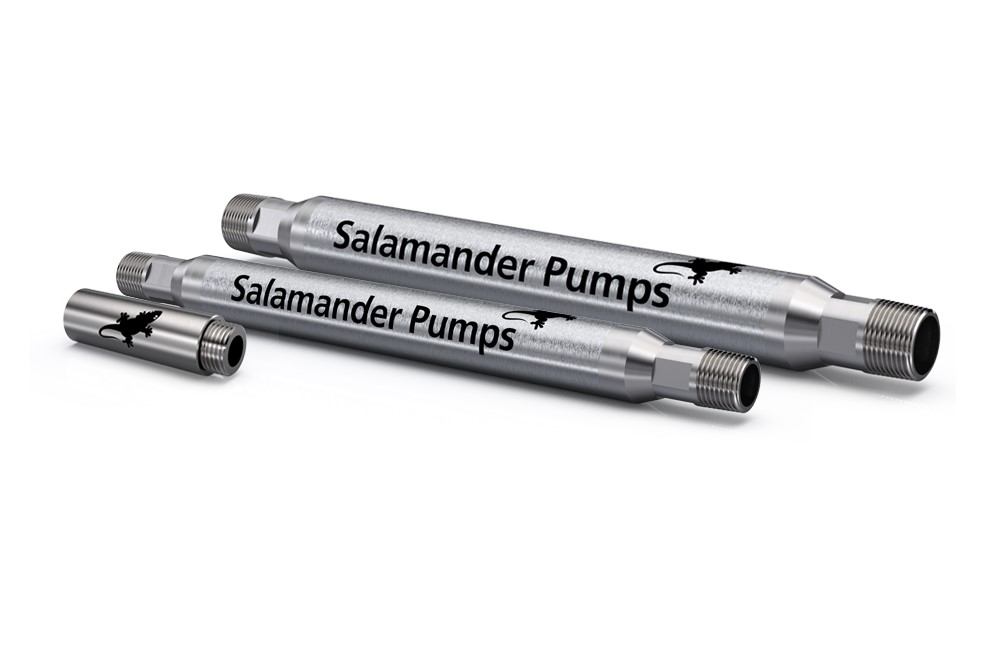 Yes, many homeowners find that simple DIY methods are effective for removing lime scale. Cleaning the aerator, using a vinegar solution, and routine inspections are all tasks that you can easily do yourself. However, if you’re ever unsure, professional advice is always a good option.
Yes, many homeowners find that simple DIY methods are effective for removing lime scale. Cleaning the aerator, using a vinegar solution, and routine inspections are all tasks that you can easily do yourself. However, if you’re ever unsure, professional advice is always a good option.
For long-term protection against limescale build-up, consider installing a water conditioner. Our range of water conditioners helps to reduce limescale formation, keeping your plumbing system and appliances running efficiently. We offer four different options to suit various needs – learn more about how they work and explore our full product range.
What If I’m Experiencing Low Water Flow and Low Water Pressure?
Low water flow and pressure are common symptoms of lime scale build-up, though they can also indicate other issues like clogged pipes. If you’ve tried cleaning and the problem persists, it might be time to consult a professional to inspect your plumbing system.
If limescale doesn’t seem to be the issue, or if removing it doesn’t improve water flow and pressure, other factors could be at play. A restrictive mains supply, aging pipework, or a gravity-fed system with naturally low pressure could all be contributing to the problem. In these cases, a Salamander Pump could be the ideal solution to boost water flow and ensure a more consistent and powerful supply. Explore our range of pumps designed to improve performance in homes with low water pressure.
Practical Solutions to Keep Your Water Flowing Smoothly
Here are some friendly tips to help you manage limescale and maintain optimal water flow:
- Regular Cleaning: Keep your taps and aerators free from build-up with routine cleaning using a soft cloth and a gentle cleaning solution.
- Vinegar Soak: For stubborn lime scale deposits, soak affected parts in a mixture of water and vinegar. A few hours in the soak can do wonders.
- Monitor Your Water Pressure: Keep an eye on any changes in water flow and pressure. Early detection of problems makes them easier to fix.
- Water Conditioners: For those battling hard water issues, investing in a water conditioner can be a smart move. Our range of water conditioners offers excellent limescale protection, helping to maintain consistent water pressure and flow. Learn more about these solutions in our article on water conditioners for limescale protection.
- Routine Inspections: Regular checks of your taps and plumbing system help catch early signs of lime scale build-up, preventing more severe issues down the line.
- Boosting Poor Mains Flow: If you have poor incoming flow from the mains water, consider a mains boosting pump to enhance performance and ensure a steady water supply.
